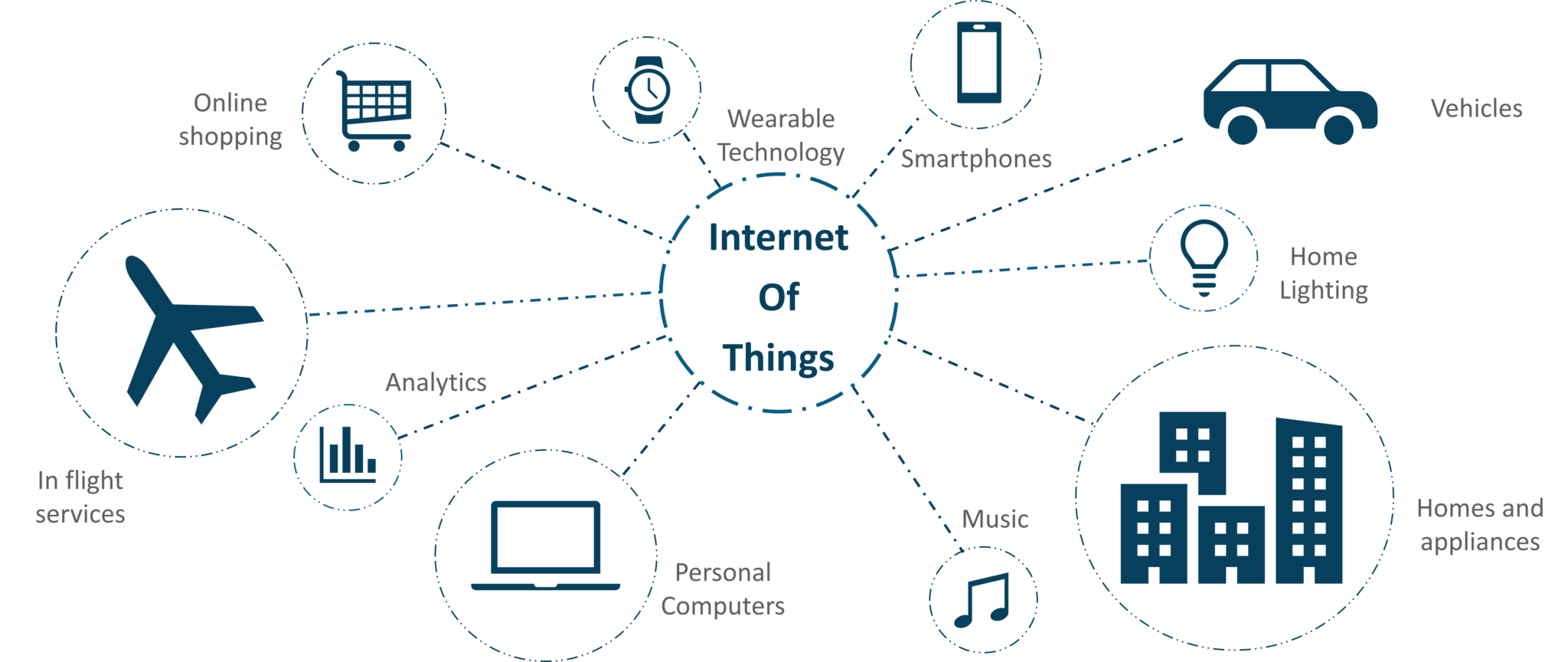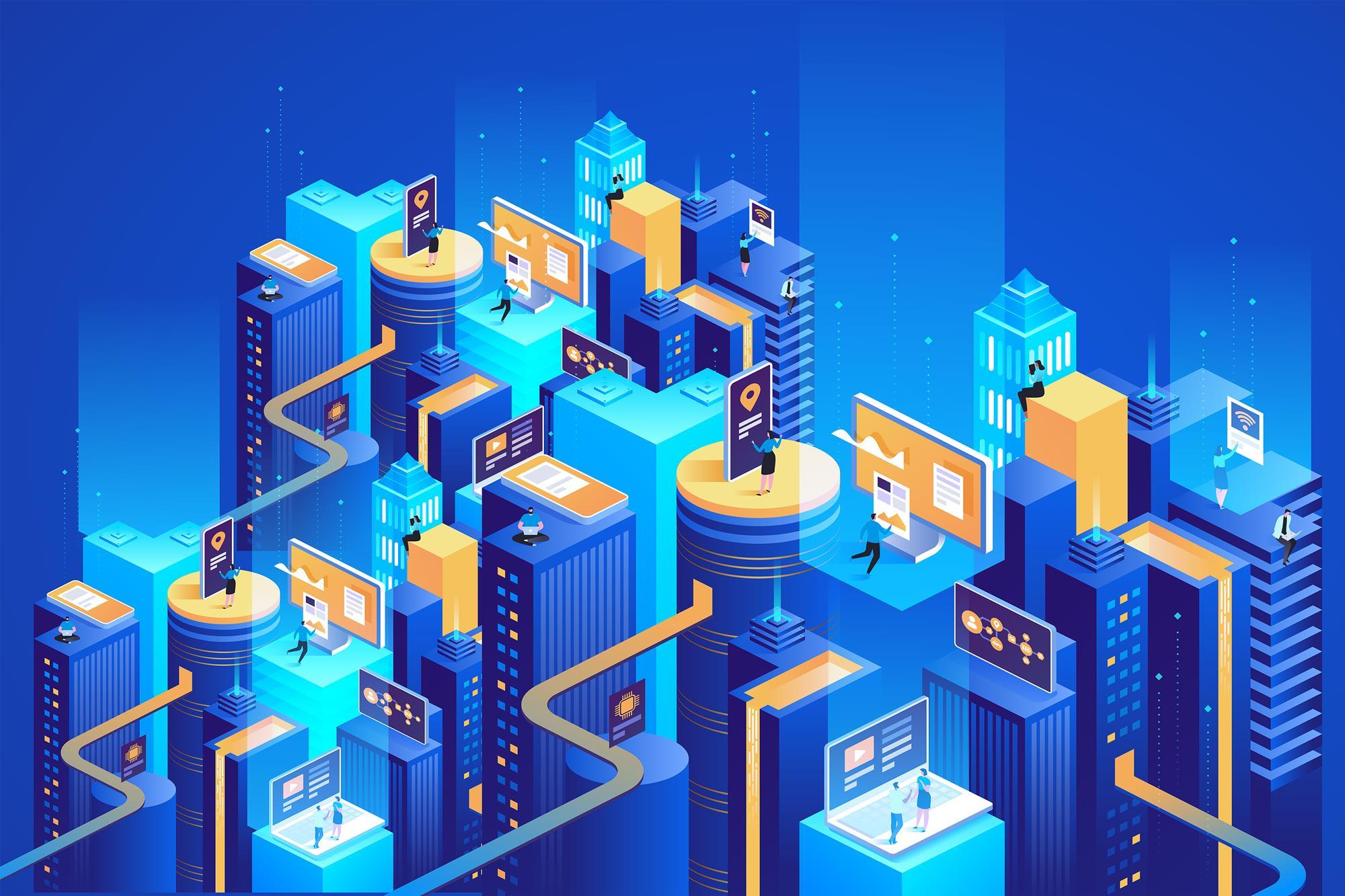applications of internet of things
In today’s world, there has been a rapid evolution of technology that has made our lives more convenient and efficient. One of the most interesting and promising advancements in technology is the Internet of Things (IoT). IoT is the connection of devices to the internet, allowing them to communicate with each other in real-time. This technology has numerous applications across several fields and industries, as evident from the examples provided below.
Examples of IoT Applications
IoT has a wide range of applications, and its usefulness is limited only by our imagination. Below are some examples of how IoT is being used in different fields:
Medical Applications

The medical field is an area where IoT can make a significant impact. For instance, IoT sensors can be used to monitor the vital signs of a patient remotely. Such sensors can help detect early warning signs of an ailment or disease and, thereby, enable early intervention. Moreover, IoT can help track medication adherence, ensuring patients take their medications on schedule, and maintaining a healthy regimen.
Smart Home Applications

IoT can transform our homes into smart and energy-efficient living spaces. For instance, smart home appliances connected to IoT can start and stop or be controlled remotely. Similarly, smart thermostats can maintain optimal temperatures based on personalized settings, and smart lights can adjust brightness or color temperature based on our preference and usage patterns.
Automotive Applications

IoT can help transform the automotive industry by introducing advanced features such as self-driving cars, predictive maintenance, and remote troubleshooting. Connected cars can exchange data with other vehicles on the road, improving safety and reducing congestion. IoT-powered predictive maintenance can detect and prevent potential breakdowns, thereby reducing maintenance costs and improving efficiency.
Abstract
The Internet of Things (IoT) is a technology that enables devices to connect and communicate with each other over the internet. IoT has numerous applications in different fields, including healthcare, automotive, and smart homes, among others. This article explores some of the applications of IoT and how it can revolutionize different industries.
Introduction
The advent of IoT has opened up new possibilities for achieving innovative solutions to common problems in different fields. IoT promises to improve efficiency, productivity, and quality of life by enabling devices to communicate with each other in real-time. This article presents an overview of some of the applications of IoT, highlighting how it’s transforming different industries.
Content
Healthcare
IoT is rapidly making advancements in healthcare, and it’s proving to be a game-changer. One of the primary applications of IoT in healthcare is remote monitoring. IoT sensors can track a patient’s vital signs and send relevant information to healthcare providers in real-time. This technology has the potential to improve patient outcomes by enabling early detection and intervention in cases of critical medical conditions.
Another application of IoT in healthcare is medication adherence. Connected devices can remind patients to take their medications on time and automate the process, ensuring that patients receive their medication regularly. IoT can also help reduce readmissions to hospitals by providing remote monitoring of post-surgery patients or chronically ill patients.
Smart Homes
The concept of a smart home is becoming increasingly popular as people seek to improve the convenience and energy efficiency of their homes. Thanks to IoT, smart homes have become a reality. Smart appliances such as refrigerators, ovens, and washing machines can connect to the internet, allowing users to control them remotely or automate their functions based on specific settings. Smart home systems can also optimize energy consumption by reducing power consumption during periods of low or negligible usage.
Automotive Industry
The automotive industry has also embraced IoT technology to introduce advanced features such as self-driving, predictive maintenance, and remote troubleshooting. For instance, self-driving cars collect data on their surroundings and exchange information with other vehicles on the road, enabling faster, safer, and efficient mobility. Predictive maintenance relies on IoT connectivity to detect and prevent potential breakdowns, reducing maintenance costs and downtime. Similarly, remote troubleshooting can detect and address issues in a car’s onboard systems, reducing the need for physical inspection.
Retail
IoT is revolutionizing the retail industry by providing new and innovative ways of serving customers. For example, IoT sensors can track the movements of shoppers and analyze their behavior, enabling retailers to gain insights into their preferences and patterns. This technology can help retailers understand customers’ purchase journey and behavior and the factors that influence their decisions. IoT can also streamline inventory management by tracking stock levels in real-time and automating the ordering process when stock runs low. Smart shelves can alert retailers when stock levels are low, reducing the need for staff intervention.
Industrial Automation
IoT is transforming industrial automation by enabling the connection of machines and other devices to the internet, allowing them to communicate and exchange information without human intervention. This technology has numerous applications in industries such as manufacturing, transportation, and energy. For example, IoT-powered predictive maintenance can detect and prevent potential equipment breakdowns by analyzing data generated by the machines. Similarly, IoT can help optimize energy consumption by automating the control of equipment such as HVAC systems, lighting, and security systems.
Conclusion
IoT is a technology that’s rapidly transforming the way we interact with the world. It has numerous applications in different fields, including healthcare, automotive, retail, industrial automation, and smart homes, among others. IoT’s impact on the world is only just beginning, and it’s expected to become even more prevalent in the years ahead. As more devices become connected to the internet, the possibilities for innovation and growth will only continue expanding.

Source image : www.designveloper.com

Source image : programmerblog.net

Source image : www.researchgate.net


